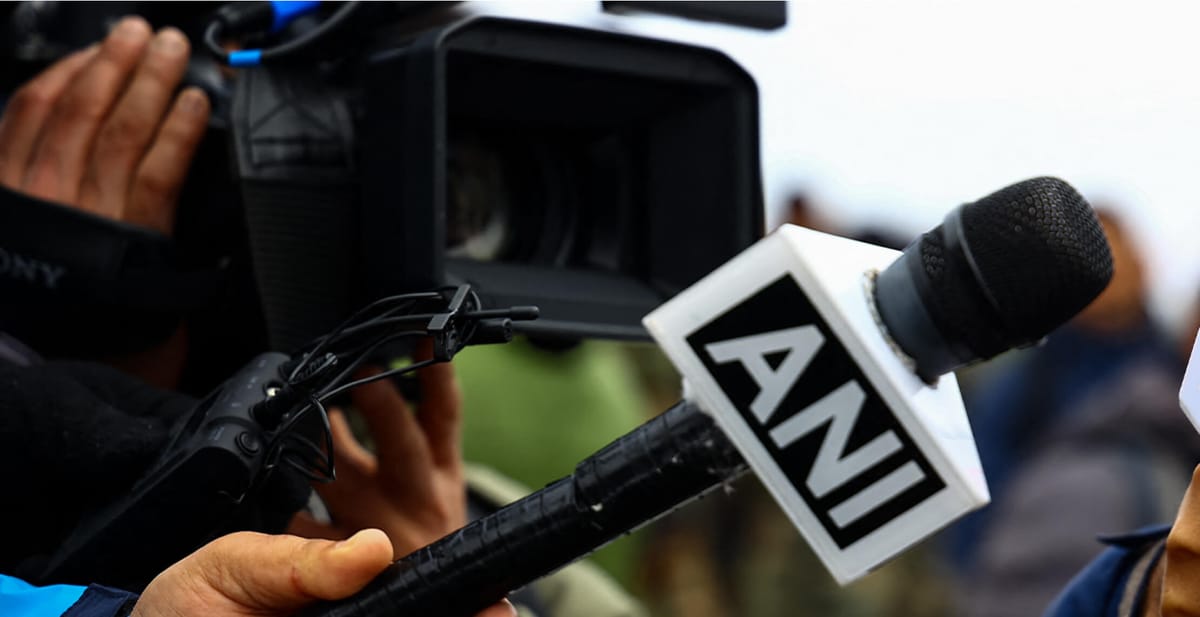
What's happening: One of India's largest news agencies, Asian News International (ANI), has sued OpenAI, accusing the U.S.-based AI company of using its content without permission to train its models, including ChatGPT. The case, filed in the Delhi High Court, could set a precedent for how AI companies use copyrighted news content in India.
The big picture: ANI claims OpenAI used its articles and data without authorization to train its artificial intelligence, violating intellectual property rights. ANI is also seeking initial damages of 20 million rupees (about $236,910). In court, ANI highlighted that ChatGPT had fabricated news attributed to them, including fake interviews with public figures like Rahul Gandhi, posing a risk to its credibility.
Why it matters: This lawsuit comes amid rising scrutiny worldwide over how AI companies use publicly available content. News organizations in the U.S. such as The New York Times and Chicago Tribune have filed similar suits against OpenAI, arguing that AI models trained on their material may breach copyright laws. ANI is the first Indian media group to take such legal action, and the outcome could influence how copyright laws apply to AI systems in the country.
What they're saying:
- OpenAI’s response: OpenAI argues that their use of publicly available data is protected under the principle of fair use and claims they’ve already blocked ChatGPT from accessing ANI's content. They added that they aim to work collaboratively with news outlets.
- ANI's stance: ANI's lawyer asserts that public availability doesn’t grant permission to exploit content. They accuse OpenAI of refusing to license ANI's work, unlike arrangements made with other publishers like the Financial Timesand the Associated Press.
The details:
- Justice Amit Bansal, who presided over the first hearing, summoned OpenAI to provide a detailed response but refused an immediate injunction, calling it a complex issue that warrants a thorough review.
- The next hearing is scheduled for January, and an independent expert is expected to be appointed to advise on copyright implications for AI.
Zoom out: Globally, OpenAI and other AI firms are facing a wave of lawsuits over using copyrighted material without permission. OpenAI's lawyer has argued that facts are not subject to copyright, and the company's model only uses data available in the public domain.
What’s next: The upcoming hearings in January will be key, as India navigates the balance between technological innovation and intellectual property rights. The court’s ruling could shape future AI regulation in India, potentially impacting how AI companies engage with media content in the country.

